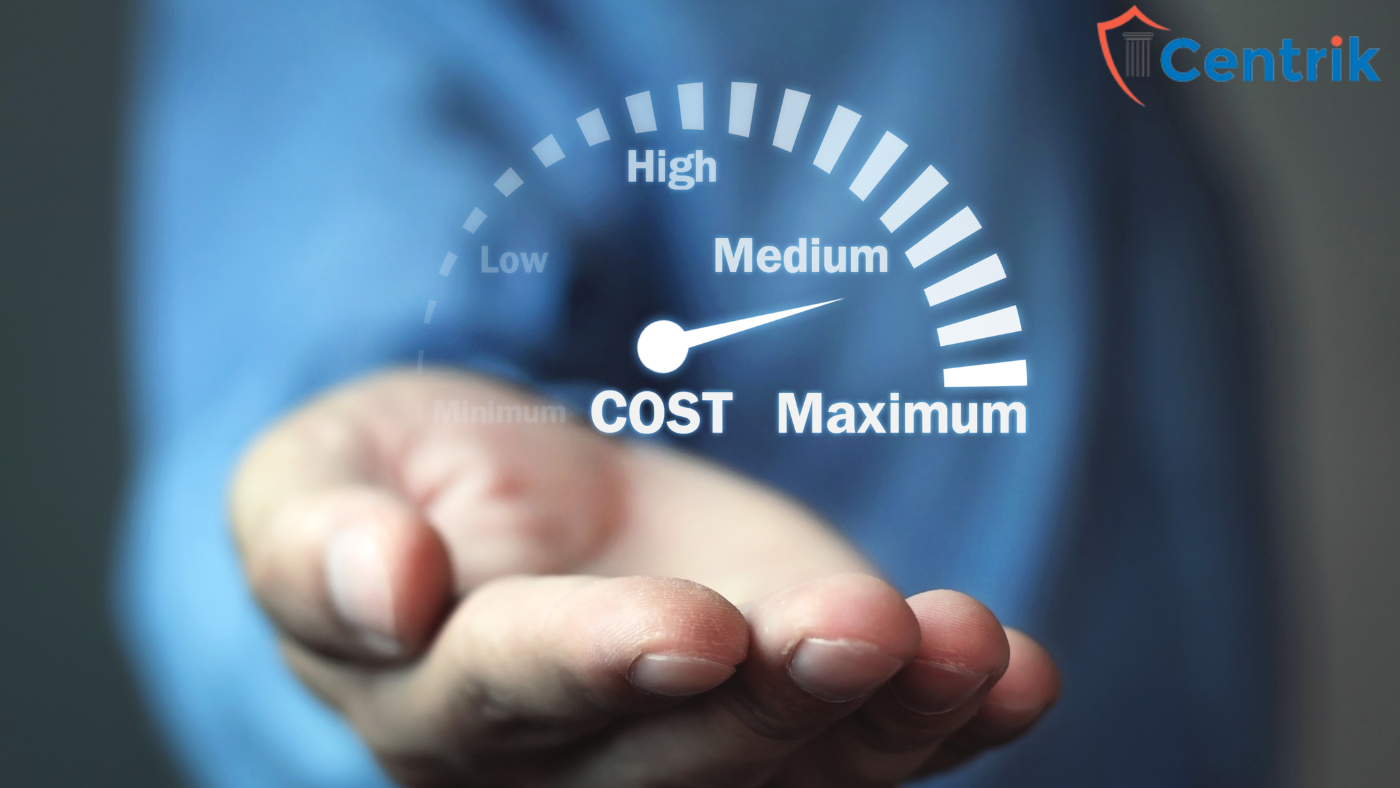
Introduction
In the realm of the law, disputes between individuals, businesses, or organizations often lead to court cases. These legal battles, known as litigation, are essential for resolving conflicts and upholding justice. However, engaging in litigation comes with significant costs that can sometimes outweigh the potential benefits. In this article, we will delve into the complexities of litigation costs and explain why they can be a lost cause for the average person.
- Legal Fees
When embarking on a legal journey, the first hurdle to cross is hiring an attorney. Advocates play a crucial role in representing your interests, but their expertise comes at a price.
Attorneys charge fees for their services, which can vary based on their experience and the complexity of the case. Hourly rates or flat fees are common billing methods, and this cost alone can be a substantial burden for many individuals.
- Court Filing Fees
Once your case is ready to be filed in court, you will encounter court filing fees. These fees cover the administrative expenses of processing the lawsuit. The amount varies depending on the jurisdiction and the nature of the case. While these fees may seem relatively minor compared to other expenses, they can add up, especially if your case takes a long time to resolve.
- Discovery and Investigation Costs
During litigation, both parties gather evidence to build their case, a process known as discovery. This involves requesting documents, conducting depositions, and hiring investigators if needed. These expenses can quickly escalate, particularly in complex cases where a vast amount of evidence is involved.
- Expert Witness Fees
In certain situations, expert witnesses may be necessary to provide specialized knowledge or opinion on specific aspects of the case. These professionals charge for their time and expertise, which can be particularly expensive in technical or scientific matters. While their input can be valuable, their fees can put a strain on a litigant’s finances.
- Travel and Accommodation Expenses
In some instances, litigation may require attending hearings or depositions in different cities or states. Travel and accommodation costs can quickly become a significant financial burden, especially for those who must travel frequently.
- Opportunity Costs
Beyond direct financial expenses, litigation can take a toll on your time and energy. As a layperson, navigating the complexities of the legal process can be challenging and time-consuming. The time spent on legal matters could have been utilized for personal or professional pursuits.
This is referred to as opportunity cost – the value of what you could have achieved, had you not been involved in the legal battle.
- Emotional and Psychological Costs
Litigation can also take an emotional toll. The stress, anxiety, and uncertainty associated with legal battles can negatively impact a person’s mental well-being and overall quality of life. Emotional costs should not be underestimated as they can affect relationships and work performance.
- Risk of Losing and Paying Opponent’s Costs
There is always the risk of losing a legal battle, and if you do, you might be required to pay the opposing party’s legal costs in addition to your own. This can be a severe financial setback and amplify the lost cause feeling of litigation.
Conclusion
While litigation is a vital part of the legal system, it is crucial for laypeople to be aware of the significant costs involved. From legal fees and court filing expenses to opportunity costs and emotional tolls, the financial and personal burdens of litigation can be substantial. Therefore, before engaging in a legal battle, it is essential to carefully consider the potential costs and benefits and explore alternative dispute resolution methods like mediation or arbitration.
By doing so, individuals can make informed decisions and avoid falling into a lost cause with overwhelming financial consequences.




 join For Updates
join For Updates